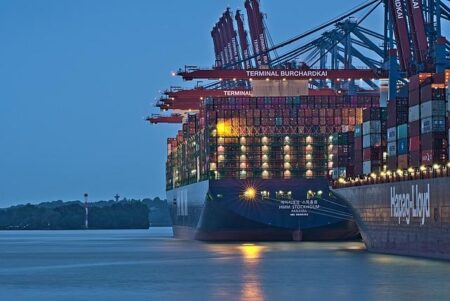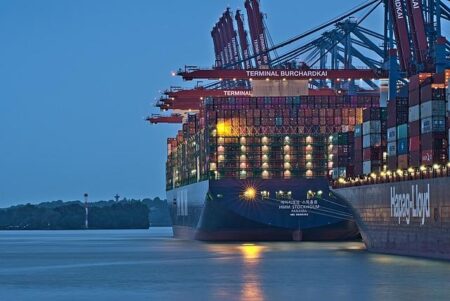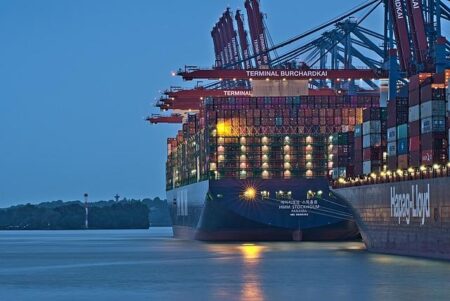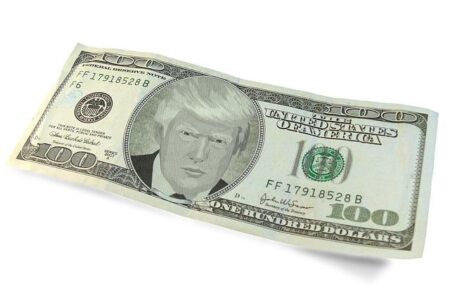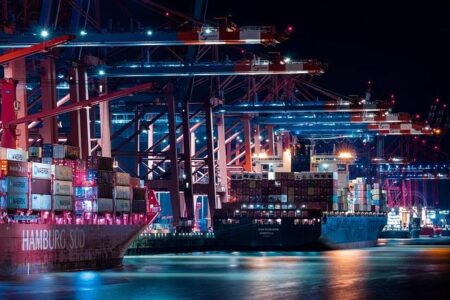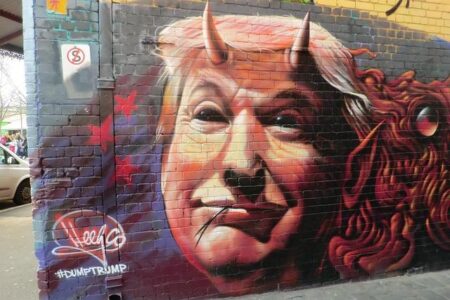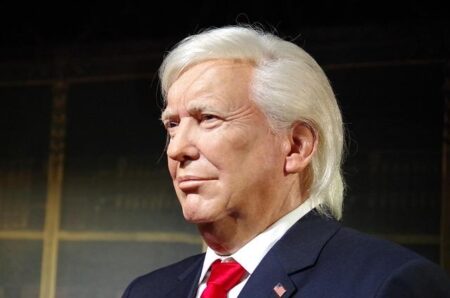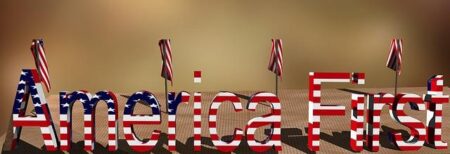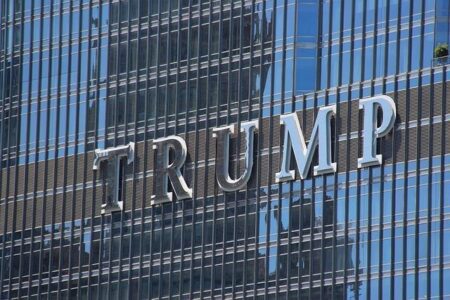China proudly announces it has fully honored its trade commitments to the US and urges against imposing new tariffs. Instead, it calls for open dialogue to resolve disputes and maintain strong, stable economic relations, Reuters reports
Browsing: trade negotiations
U.S. and Canadian officials are gearing up to meet in the coming weeks for crucial talks on trade, Greer announced. These discussions will tackle pressing challenges head-on and work to deepen the economic partnership between the two neighboring nations
India and the US are gearing up to reignite trade talks, zeroing in on the critical issue of tariffs, a government minister confirmed. This fresh wave of dialogue seeks to resolve long-standing trade disputes and supercharge the economic partnership between the two countries
India has postponed its eagerly awaited trade visit to Washington, citing changes in U.S. tariff policies, a source told CNBC. This delay underscores the dynamic and complex nature of the ongoing trade negotiations between the two nations
Former Bank of Canada Governor Mark Carney shines a spotlight on Canada’s unique edge in shaping the future of global trade, highlighting its strong diplomatic ties and economic strength as powerful tools to bring nations together and spearhead innovative trading bloc initiatives
Australia and the EU are on the verge of clinching a long-awaited free trade deal, finally putting an end to disputes over beef, parmesan, and prosecco. This groundbreaking agreement promises to boost economic ties and open up thrilling new market opportunities for both parties
The US-India trade deal teeters on the edge as key issues-oil pricing, tariffs, and agricultural exports-stall critical negotiations. Experts caution that with essential details still unresolved, the true impact of the agreement remains clouded in uncertainty
The US-India trade deal slashes tariffs to just 18%, eliminates duties on key agricultural exports, and opens the door to a colossal $30 trillion market-supercharging bilateral trade like never before!
The US and India have launched an exciting interim trade deal framework aimed at turbocharging bilateral trade and addressing key challenges such as tariffs and market access, marking a major milestone in their economic partnership
India’s strategic diplomacy proved to be the ultimate game-changer, breaking through the Trump administration’s tariff barriers and paving the way for a historic India-US trade deal, insiders reveal. Behind closed doors, Delhi’s relentless determination opened a bold new chapter in bilateral trade relations
The U.S. and India have just sealed a groundbreaking trade deal after months of intense negotiations and challenges. This game-changing agreement is poised to turbocharge bilateral commerce, resolve tariff disputes decisively, and deepen collaboration across key industries
India and the EU have launched a groundbreaking Free Trade Agreement set to turbocharge economic ties, especially as US tariffs climb under the Trump administration. This landmark deal unlocks exciting new markets and strengthens their strategic partnership like never before
Argentina’s seafood exports are navigating choppy seas as delays in the EU-Mercosur trade deal block market access, ramping up pressure on the industry amid fierce competition and growing regulatory hurdles
India and the EU have sealed a landmark trade agreement, hailed as the “mother of all” deals, poised to turbocharge economic ties, cut tariffs dramatically, and strengthen cooperation across key sectors, officials announced on Monday
India is accelerating its drive to expand its network of free-trade agreements, aiming to boost exports and strengthen strategic alliances, according to the International Institute for Strategic Studies
Former President Donald Trump has issued a stark warning to Canada, threatening to slap 100% tariffs in retaliation for its new trade deal with China. This bold declaration ramps up the already fierce trade tensions, CBS News reports
Former President Donald Trump has issued a bold warning: if the U.S. proceeds with a trade deal with China, he will impose a staggering 100% tariff on Canadian goods, escalating tensions between these longtime allies, according to upi.com
Mark Carney’s electrifying speech at Davos has ramped up the pressure on the stalled US-Canada trade talks, shining a bright spotlight on economic challenges and throwing fresh obstacles into the diplomatic race to secure a timely agreement, sources reveal
Former U.S. President Donald Trump has delivered a powerful warning to Canada: if you move forward with a trade deal with China, be prepared for 100% tariffs. This striking declaration escalates the fierce economic battle between the U.S. and China, turning up the heat in global trade tensions
A senior Trump aide has teased the potential removal of the 25% tariffs on Indian goods, igniting new hope for a breakthrough in easing trade tensions between the US and India, NDTV reports






